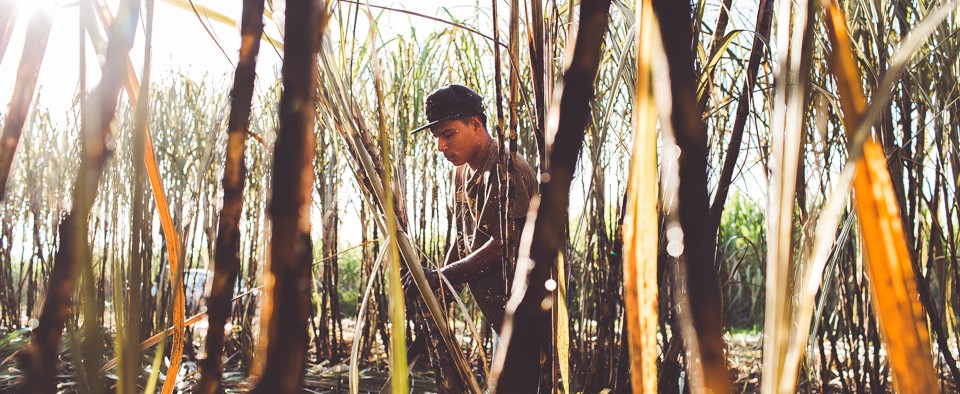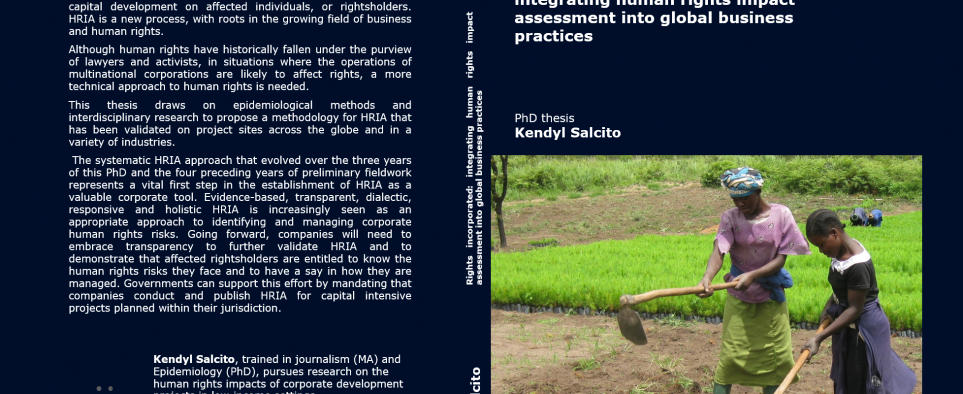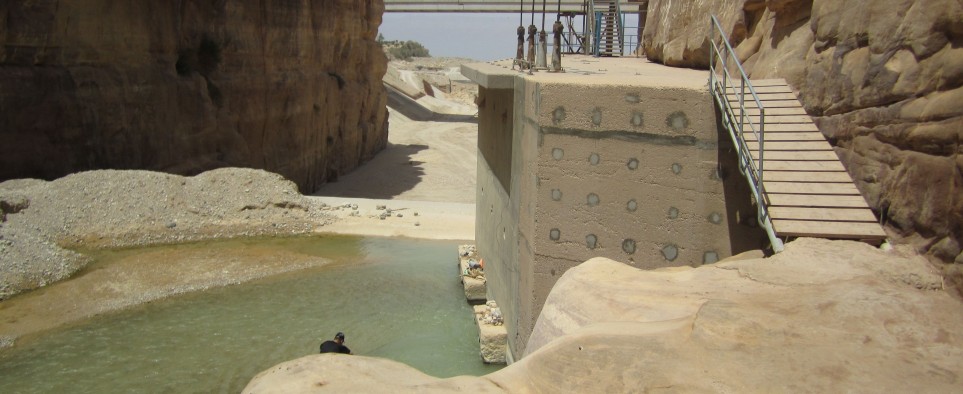Palm Oil. In the past decade, Liberia has licensed 7% of its land (2,400 square miles — picture Delaware) to palm oil producers. Palm oil has been replacing canola in household products and processed foods, becoming the single most consumed oil in the world in 2012. Move over, canola.
Liberia was founded as a destination for America’s freed slaves, but recently it has been better known as the home of West Africa’s cruelest warlord and an epicenter of the world’s worst Ebola outbreak. All of these events have bearing on your kitchen.
Check the ingredients on your shortening, your potato chips, your “natural” peanut butter, your granola bars, even your dish soap. Palm oil is in everything and, increasingly, it’s coming from post-conflict countries like Liberia.
While the vast majority of palm oil is currently grown in Indonesia and Malaysia, the hunt for cheap labor and cheap land have led palm oil companies farther afield. In Liberia, companies can rent land for $1 a hectare (per year) and contract a workforce for $3-5 a laborer (per day).
Vice penned a massive takedown of the palm oil industry in 2014, noting its association to deforestation, violence and labor abuses.
But that’s only half of the story.
Last year, one of Liberia’s biggest palm oil plantation faced riots that saw a driver beaten unconscious, a plantation manager taken hostage and a minister (the president’s nephew, no less) smuggled out of the area in the trunk of a car. The cause? The plantation wasn’t expanding fast enough to increase employment to levels the community wanted.
People in some communities are literally rioting to give their lands away to palm oil producers. In Liberia, 84% of the population lives in extreme poverty (less than $1.25 per person per day). The wages at palm oil plantations equate to roughly that for a family of 4, but they come with health and education benefits, commitments to provide clean water and food, and stability that can’t be achieved for smallholders in rural Liberia, where access to markets is sometimes truly impossible.

Palm oil worker filling a truck with “Fresh Fruit Bunches”
The riots and violence are also an artifact of the country’s troubled past. Both employees and jobseekers are often “ex-combatants”, since over 100,000 of Liberia’s young men fought in the wars (often as children). These include people who struggled to reintegrate into village life. As recently as 2006, a rebel army that called itself MODEL was occupying a palm oil plantation in Butaw. They hadn’t bothered to register for ex-combatant support, because the UN program was underfunded and they were making a living processing “artisanal” palm oil – harvesting palm nuts, pounding them by hand, and boiling them in old motor oil barrels.
In a context like this, is it possible to run an agribusiness rights-respectfully?
Mark has spent part of this year in Liberia, visiting the three largest palm oil producers in the country.
He has more.










